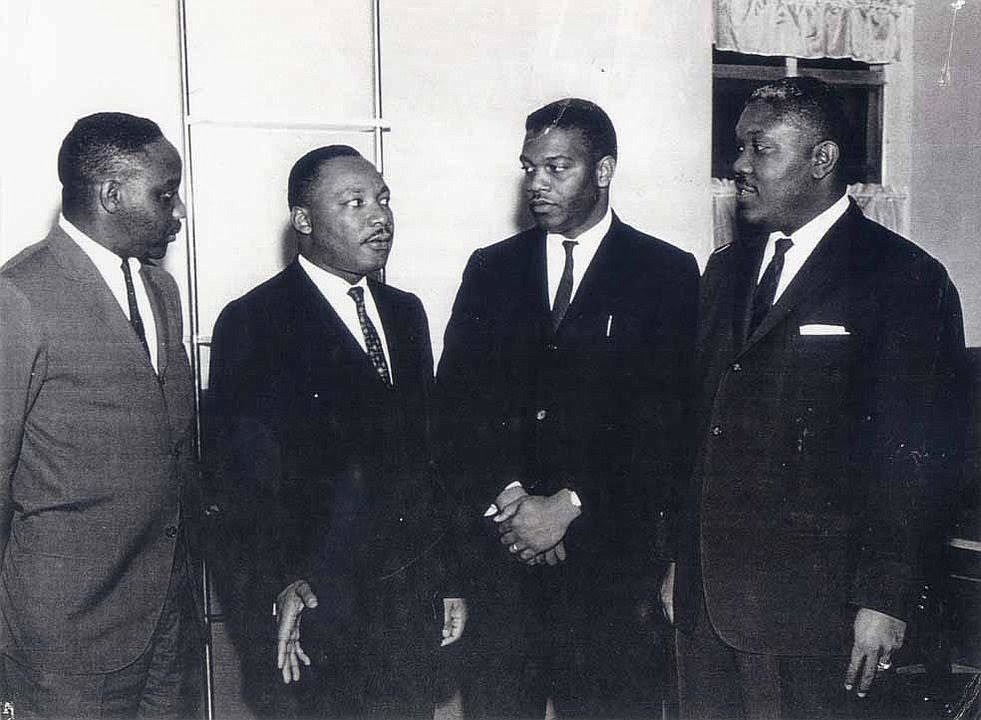- April 22, 2024
-
-
Loading

Loading

There was a time in the southern United States when the color of your skin determined your school, where you could eat, where you could use the restroom and where you could get a drink of water.
It wasn’t just prejudice — it was state law.
It’s a painful memory in U.S. history, but to officials at one Maitland museum, it’s also part of an ongoing — and necessary —discussion.
The Holocaust Memorial Resource and Education Center in Maitland will delve deeper into Jim Crow laws, the issues of race, and how far we’ve come since the Civil Rights movement in a four-part workshop series June 13 to 16.
The sessions will be based on the four-part PBS series titled “The Rise and Fall of Jim Crow,” which gives the history from 1865 to 1954 about how the laws were created and how Civil Rights activists challenged those laws. Workshops also will highlight significant figures in Central Florida during the Civil Rights Movement, including Wolf Khan, a German immigrant of Jewish descent who witnessed the horrors of Nazi Germany.
After immigrating to the United States following World War II, Khan came to live in the Orlando area and noticed the segregation of the African-American community. Blacks were not allowed to swim in public pools, so Khan decided to challenge this in his own way: by offering African-Americans lessons at Lake Mann.
Executive Director Pam Kancher said some visitors might be curious why a Civil Rights discussion is happening at a center that teaches the history of the Holocaust. It all ties back to the original intent of the center: to create a community that’s free of all forms of racism, bigotry and hate, she said.
“It has never been out mission to only focus on the Holocaust as it pertained to the Jewish community,” Kancher said. “Therefore, we have brought exhibits in to talk about the Nazi persecution of Jehovah’s Witnesses, the Nazi persecution of homosexuals. We look at other genocides around the world.”
Program Coordinator Terrance Hunter said the Jim Crow laws and the segregation of African-Americans in the U.S. gave the example for the Nuremberg Laws in Nazi Germany.
Both laws draw many similarities — controlling who someone could marry and what school someone could attend.
“There was — I hate to say — a successful model for marginalizing and dehumanizing a group of people,” Hunter said. “That was expanded upon and taken to a whole other level in Nazi Germany.”
An exhibit, titled “Embracing the Dream,” is currently on display. It highlights several Central Florida Civil Rights figures such as Khan. The center will be opening two more exhibits next month: “A Place for All People” which celebrates the founding of the National Museum of African-American History and Culture, as well as “The Tuskegee Airmen,” which explores the history and heroism of the first African-American pilots to fly in combat during World War II.